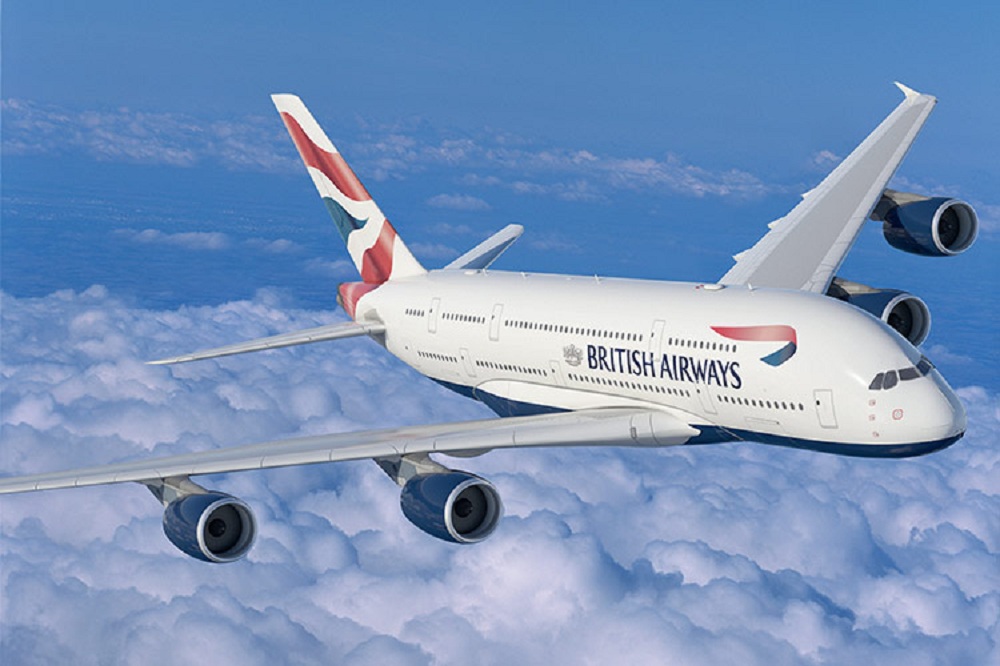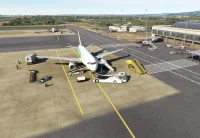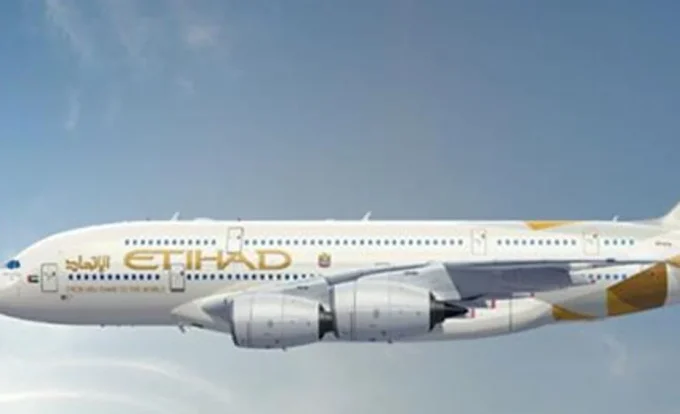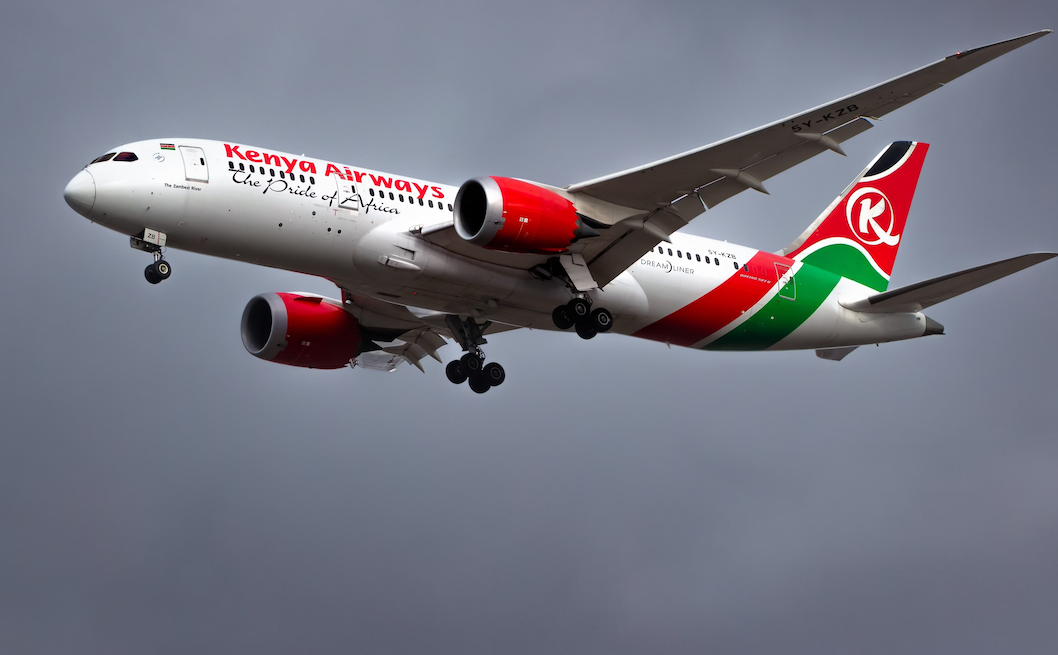British Airways is expanding its African network, starting services to the Seychelles, offering more flights to Mauritius and adding more seats on other routes.
The Seychelles service will take to the skies between March and October and will be operated by the airline’s newest fleet of aircraft, the Boeing 787-9 Dreamliner.
From the end of October, the current three Boeing 777 services from Gatwick to Mauritius will expand to five a week.
The Indian Ocean Islands are not the only place the airline is growing is presence. Elsewhere in Africa it is offering more seats to Lagos, replacing the daily Boeing 777 flight with a larger Boeing 747-400 aircraft, adding 511 seats a week on the route. The ‘Super High J’ aircraft is configured with a larger business class cabin than its other 747s and has 70 Club World seats.
From next month, it will also add 680 more seats a week between London and Johannesburg, when it begins flying a double-daily A380 service. Other than Los Angeles, Johannesburg will be the only British Airways’ route with two daily A380s.
In November, the daily London/ Cape Town Boeing 747 service will increase to double daily for the South African summer season and the airline will start operating three additional Boeing 777 services from Gatwick. It will also provide a number of extra services from Heathrow to meet demand over the New Year peak, Indaba, UK half term in February and Easter.
“With the A380 services on Johannesburg and the expanded Cape Town schedule, we’ll be offering more seats to South Africa than we ever have before,” says Sue Petrie, commercial manager Southern Africa.
ALSO SEE: From biplanes to Boeing, British Airways marks 85 years in Kenya
It will spend four hundred million pounds on Club World, with an emphasis on improved catering and sleep, and a new seat in future. At Heathrow a First Wing check-in area with direct security and lounge access has launched and lounges around the airline’s network are to be revamped. This includes the Johannesburg lounge.
All customers can look forward to the latest generation Wi-Fi across the long-haul and short-haul fleets over the next two years.





![Interior PS Dr Raymond Omollo during a consultative meeting with Japan International Cooperation Agency (JICA) Kenya Chief Representative Shinkawa Makoto. [Photo/Dr Raymond Omollo/Facebook]](https://businesstoday.co.ke/wp-content/uploads/2026/02/Ray-200x133.webp)






![A British Airways plane. Prior to travel customers will also receive details of how they can prepare for their journey, including information on discounted testing providers. [Photo/ Simon Dawson/ Reuters]](https://businesstoday.co.ke/wp-content/uploads/2021/09/3452.jpg)
Leave a comment